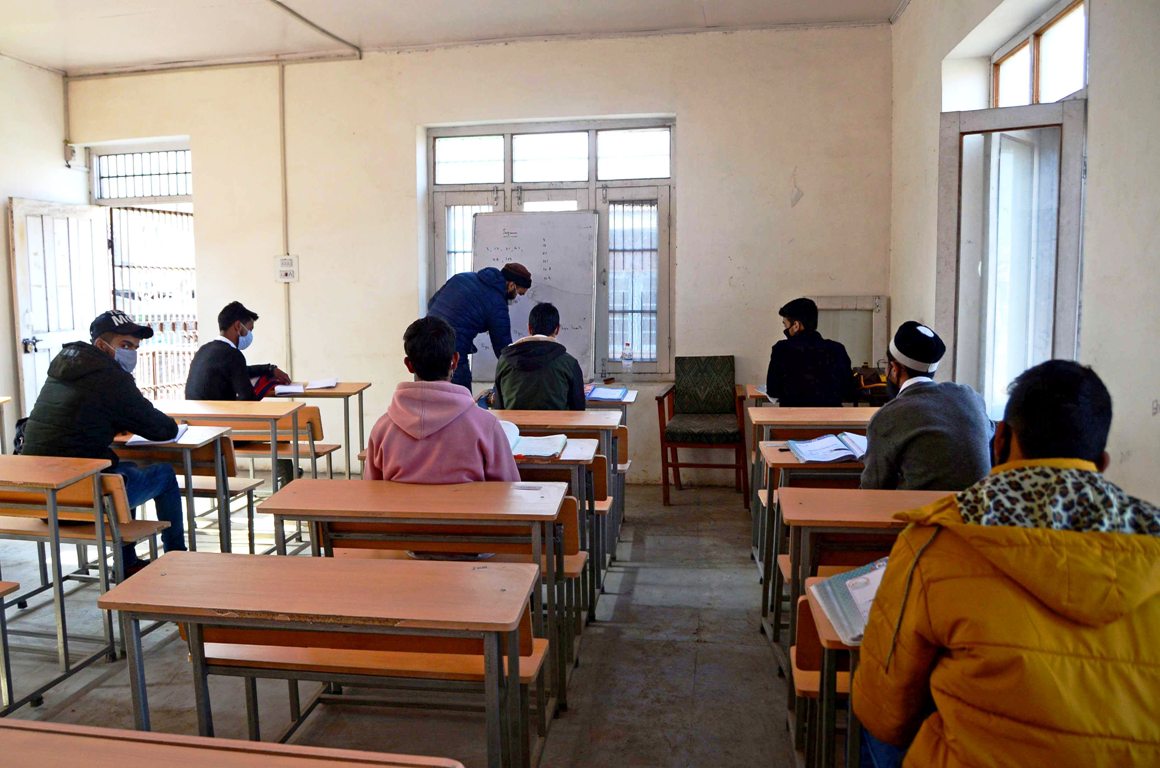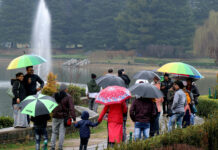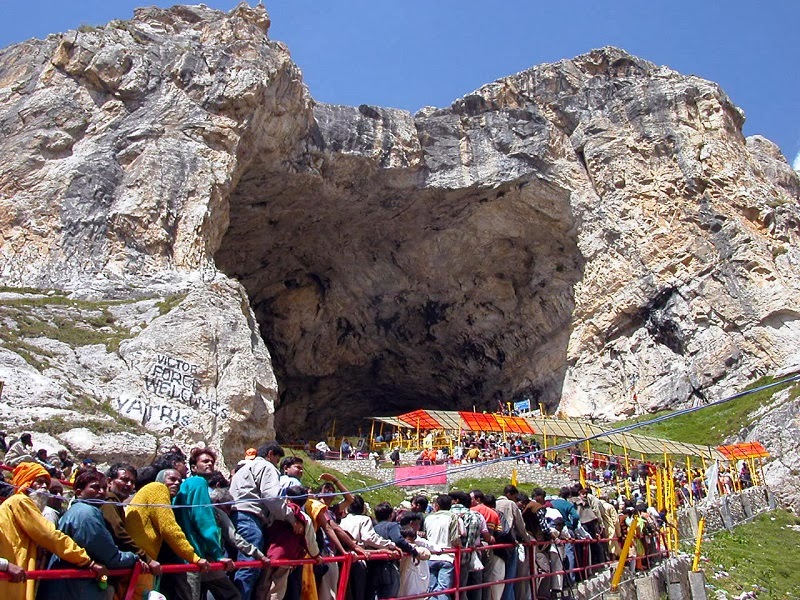KL NEWS NETWORK
SRINAGAR
In its initiative to “restore the status of Urdu and Persian in our society”, the University of Kashmir’s English department started a program: “Meet the Author Program”.
According to a statement, the speakers in the event held on Friday in the department, said, “it is not only the government which has been indifferent to the growth and development of Urdu language but the public at large has abandoned it evident from the absence of Urdu in the hoardings and address boards on the shops and institutions and offices.”
“This shows the impoverishment of our society as it uproots them from the cultural heritage which we share with the whole subcontinent,” the statement said.
In the inaugural remarks Prof Hameedah Nayeem said that Rafiq Raaz has established himself as a master of younger generation of poets in lyric poetry with greater attention to form and metrical innovations.
“Being an oriental traditionalist by temperament and modernist by circumstances, his poetry is not obscure like the poetry of most modern poets. At the same time he is an artist who takes great pains to hone and tone his diction and sounds like 18th century English poets,” Prof Hameedah said.
“His splendid success lies in his superlative attention to the universe of rhyme and rhythm that constitutes the secret of great poetry besides its sublime thematic content,” she added.
The magic of words that poetry is, somehow allows the poet, according to Raaz, “to say ‘yes’ to life and partake in eternity in a world ‘ full of sound and fury signifying nothing’.”
“One is immediately impressed by the intensity of his emotional experiences tempered by the cerebral control. With the use of certain significant images that could resonate across cultures, Raaz keeps us spell- bound with his mesmerizing poetry,” Prof Hameedah further said.
His comparisons have been drawn with modern Urdu poets like Munir Niyazi but he is the only poet in Kashmir who has achieved mastery in the composition of Ghazals in both Urdu and Kashmiri language.
In this way he has combined in his person and in his creative output the major elements of our cultural heritage.
Rafiq Raaz’s main collections are: Nai Chai Nallan, Dustavaiz, Anhar, Mishraq, Nakhl-e-Aab and a book on the “Prosody of Kashmiri language” – Arooz Kashir Zaban.
Another aspect of his poetry that distinguishes him from others is a conscious engagement with and skilful appropriation of Sufi poetry.
“One can read many of his Ghazals as modern mystical poems. Raaz evokes the transcendent Being through carving out words in a way to let the Being manifest itself with all its richness. Though orientalist in sensibility, he holds fast to the credo of subjectivity as if the sole purpose of art is the service of the self.”
Prof Hameedah further said, “A poet of passion, love and memory can’t disturb that romantic universe by taking note of discordant notes in the strange raga of this world yet that is exactly what he does in his latest collection Nakhl-e-Aab.”
“Whether that shows maturity or decadence is to be looked at by the reviewers. His life’s odyessy along twin parallel lines of Sozi-Diroon (inner passion) and Ishiq-e-Laey (love of tune) is not unsmeared by the feelings of the absurd in the most metaphysical and mystical moments. He mesmerized the audience with the presentation of what goes into the creative process and his research on prosody.”
A statement said that there were three presentations made on his creative output by Prof Majrooh Rashid, Dr Maroof Shah, and Hasan Anzer detailing the distinctive contribution he has made to both the Kashmiri and Urdu language.
In another important segment, a book by a teen ager Ubaid Hyder was released to the resounding applause by the audience. Dr Javid Iqbal reviewed the book saying that the 15 year old writer exhibits discernment and the awareness of what goes into the writing of history demonstrating it through the excerpts he read out from the book.
Prof G R Malik in his presidential remarks said, “Urdu has been deliberately neglected in order to destroy the whole culture that it represents irrespective of religion and geographical location.”
“There is a dire need to reinstate it to keep us rooted in that splendid culture which is matchless and which connects us with the entire subcontinent,” he asserted.















